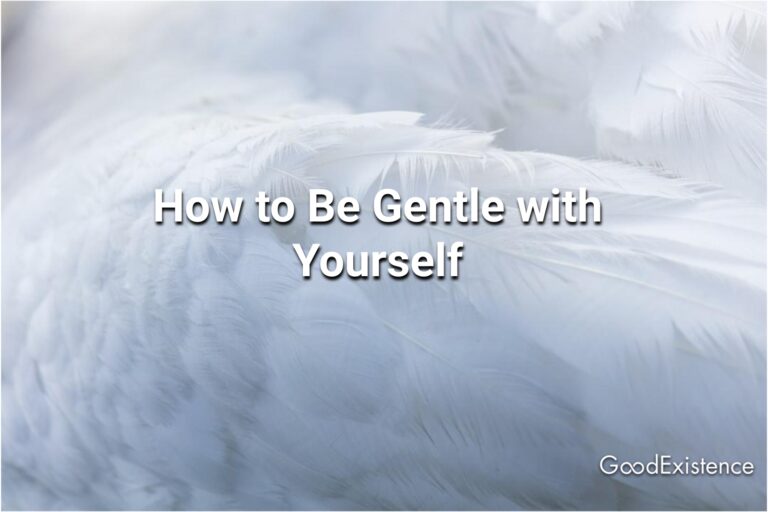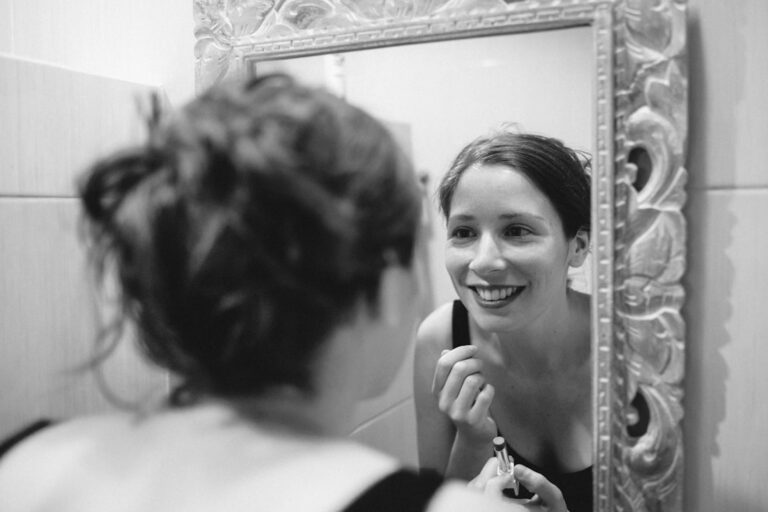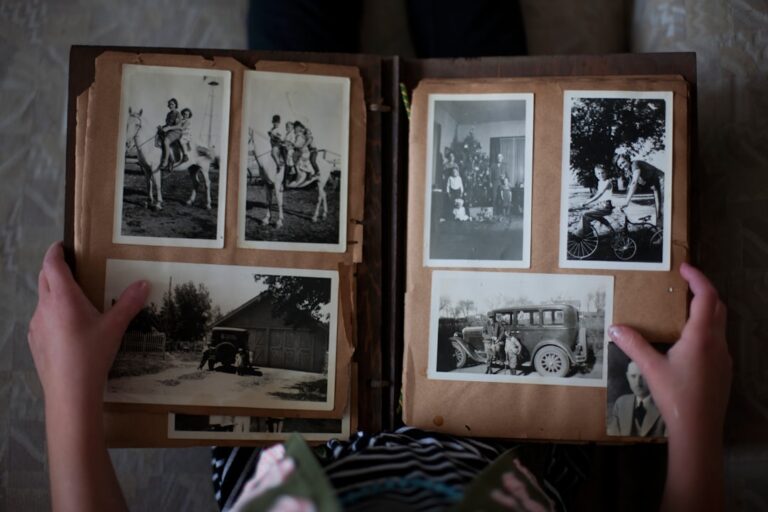
For the longest time, I thought relationships were supposed to be easy. I was wrong.
They aren’t magic. They don’t just happen. Healthy, strong connections with friends, family, and partners are built. They are built with intention, with effort, and with a lot of grace. I learned this the hard way. When I was stuck in a cycle of bad habits—gaming all night, overeating, and avoiding responsibility—my relationships suffered just as much as my health. I wasn't a good friend, son, or brother because I wasn't being good to myself.
Changing my life, losing over 110 pounds, and finding my faith wasn't just about me. It was about becoming a person who could actually show up for the people I loved. It all comes down to small, consistent actions. Here are 20 steps I've learned on my journey to building better, healthier relationships.
20 Steps to Build Healthy Relationships
-
Know Yourself First. You cannot connect deeply with others if you are disconnected from yourself. Understand your values, your weaknesses, and what you truly want. Your relationships will only be as healthy as you are.
-
Be Brutally Honest with Yourself. I had to admit I had a gaming addiction and a problem with binge eating before I could change. Being honest about your own flaws is the first step. You can't fix what you won't acknowledge.
-
Take Care of Your Own Garden. Tend to your physical, mental, and spiritual health. Eat well. Move your body. Pray. You can't pour from an empty cup. When you are strong, you have more to give.
-
Set Your Own Boundaries. Know your limits. It is not selfish to say no. It is essential for protecting your peace and energy so you can be present for the people and things that truly matter.
-
Work on Your Own Baggage. We all have it. Past hurts, insecurities, and fears. Acknowledge them. Seek guidance if you need to. Don't make your new relationships pay for the mistakes of old ones.
-
Listen More Than You Speak. This is a superpower. People want to be heard and understood. Put your phone down. Look them in the eye. Listen to understand, not just to reply.
-
Communicate Clearly and Simply. Don’t expect people to read your mind. If you need something, ask. If you are hurt, say so calmly. Simple, direct communication prevents so many misunderstandings.
-
Stop Assuming the Worst. It’s easy to think someone’s short text means they’re mad at you. Most of the time, they are just busy. Give people the benefit of the doubt. Assume good intentions until you know otherwise.
-
Ask Better Questions. Instead of “How was your day?” try “What was the best part of your day?” Go deeper. Show you are genuinely interested in their world.
-
Apologize When You Are Wrong. A real apology has no excuses. It’s not “I’m sorry, but you…” It’s “I’m sorry for what I did. I was wrong.” It takes strength to admit fault, and it builds immense trust.
-
Practice Forgiveness. This one is huge. As an Orthodox Christian, I’m taught that forgiveness is not just for the other person; it’s for me. Holding a grudge is like drinking poison and expecting the other person to get sick. Forgiveness frees you.
-
Express Appreciation Daily. I practice daily gratitude for my life, and that extends to people. Say “thank you” for the small things. Tell a friend you appreciate them. Acknowledging the good in others makes them feel valued.
-
Be Reliable. Do what you say you will do. If you make a promise, keep it. If you make plans, show up. Reliability is the bedrock of trust. My old self was flaky and lazy. My new self understands that consistency is a form of love.
-
Celebrate Their Wins. Be genuinely happy for their successes. Don’t let jealousy or comparison sneak in. A true friend is in your corner, cheering you on when you win.
-
Support Them in Their Struggles. Life is hard. When a friend is going through a tough time, just be there. You don’t need to have all the answers. Just sit with them. Listen. Let them know they are not alone.
-
Give Without Expecting a Return. Give your time, your help, or your encouragement because you want to, not because you expect something back. True generosity is a gift with no strings attached.
-
Respect Their Boundaries. When someone says “no” or expresses a limit, respect it. Period. Pushing against their boundaries shows a lack of respect for them as a person.
-
Fight Fair. Disagreements are normal. Unhealthy relationships have fights. Healthy relationships have disagreements. The difference? No name-calling. No low blows. Don’t bring up old mistakes. Stick to the current issue and work toward a solution, not a victory.
-
Know When to Let Things Go. Not every battle is worth fighting. Is this issue something that will matter in a week? A month? A year? If not, maybe it’s best to let it go for the sake of peace.
-
Grow Together. The best relationships are the ones where you both challenge each other to be better people. Encourage each other’s growth. Learn new things together. Support each other’s journey toward becoming the best versions of yourselves.
Building healthy relationships is a lifelong practice, not a destination. It’s a series of small choices you make every single day. It won’t always be perfect, and that’s okay. The effort is what counts.
What is one small step you can take today to strengthen one important relationship in your life?





